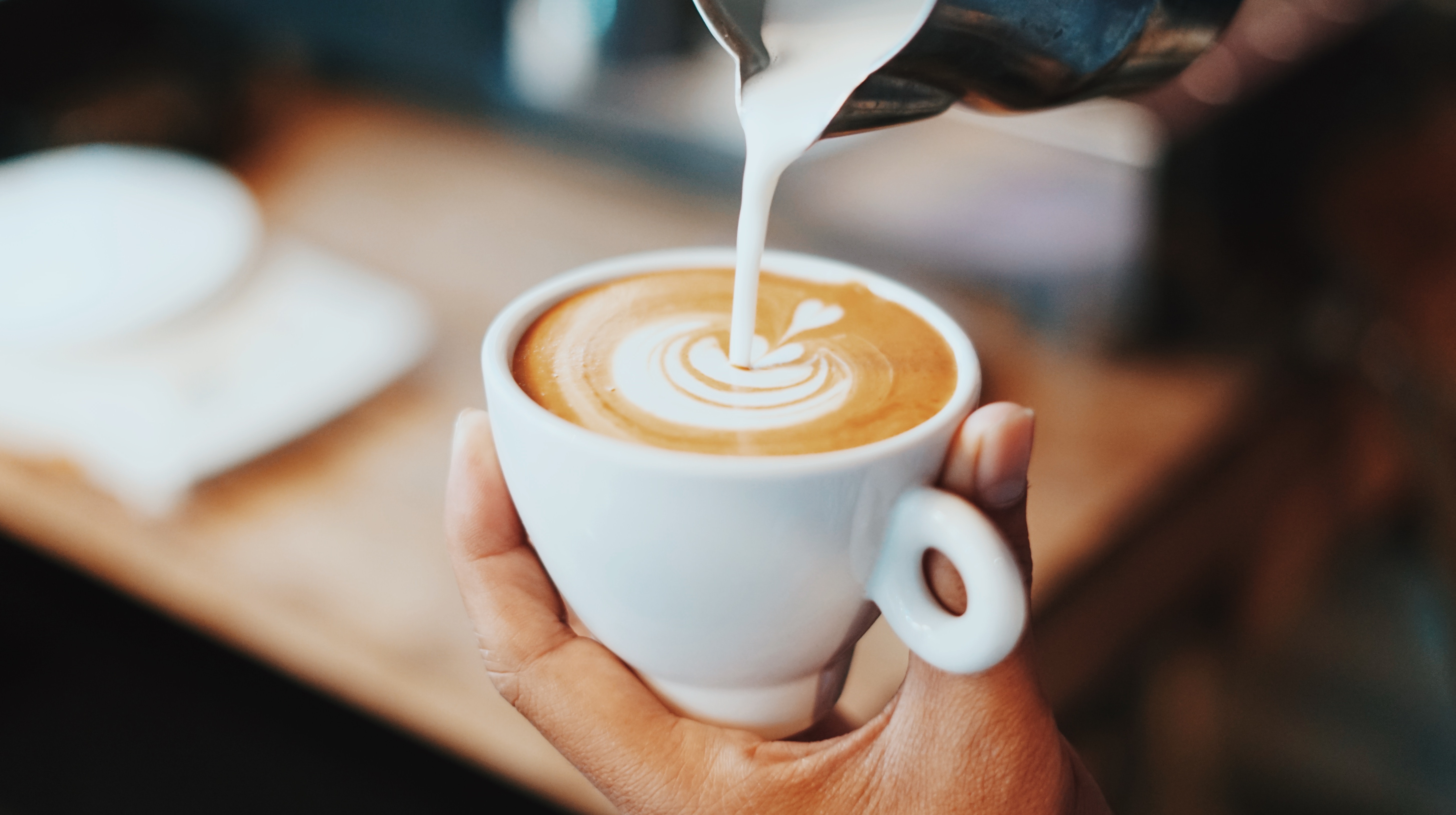News release
From:
Sweetened and unsweetened coffee consumption associated with lower death risk
A cohort study has found that compared to non-coffee drinkers, adults who drank moderate amounts (1.5 to 3.5 cups per day) of unsweetened coffee or coffee sweetened with sugar were less likely to die during a 7-year follow up period. The results for those who used artificial sweeteners were less clear. The findings are published in Annals of Internal Medicine.
Previous studies observing the health effects of coffee have found that coffee consumption is associated with a lower risk of death but did not distinguish between unsweetened coffee and coffee consumed with sugar or artificial sweeteners.
Researchers from Southern Medical University in Guangzhou, China used data from the U.K. Biobank study health behavior questionnaire to evaluate the associations of consumption of sugar-sweetened, artificially sweetened, and unsweetened coffee with all-cause and cause-specific mortality. More than 171,000 participants from the U.K. without known heart disease or cancer were asked several dietary and health behavior questions to determine coffee consumption habits. The authors found that during the 7-year follow up period, participants who drank any amount of unsweetened coffee were 16 to 21 percent less likely to die than participants who did not drink coffee. They also found that participants who drank 1.5 to 3.5 daily cups of coffee sweetened with sugar were 29 to 31 percent less likely to die than participants who did not drink coffee. The authors noted that adults who drank sugar-sweetened coffee added only about 1 teaspoon of sugar per cup of coffee on average. Results were inconclusive for participants who used artificial sweeteners in their coffee.
Any accompanying editorial by the editors of Annals of Internal Medicine notes that while coffee has qualities that could make health benefits possible, confounding variables including more difficult to measure differences in socioeconomic status, diet, and other lifestyle factors may impact findings. The authors add that the participant data is at least 10 years old and collected from a country where tea is a similarly popular beverage. They caution that the average amount of daily sugar per cup of coffee recorded in this analysis is much lower than specialty drinks at popular coffee chain restaurants, and many coffee consumers may drink it in place of other beverages that make comparisons to non-drinkers more difficult. Based on this data, clinicians can tell their patients that there is no need for most coffee drinkers to eliminate the beverage from their diet but to be cautious about higher calorie specialty coffees.



 International
International


